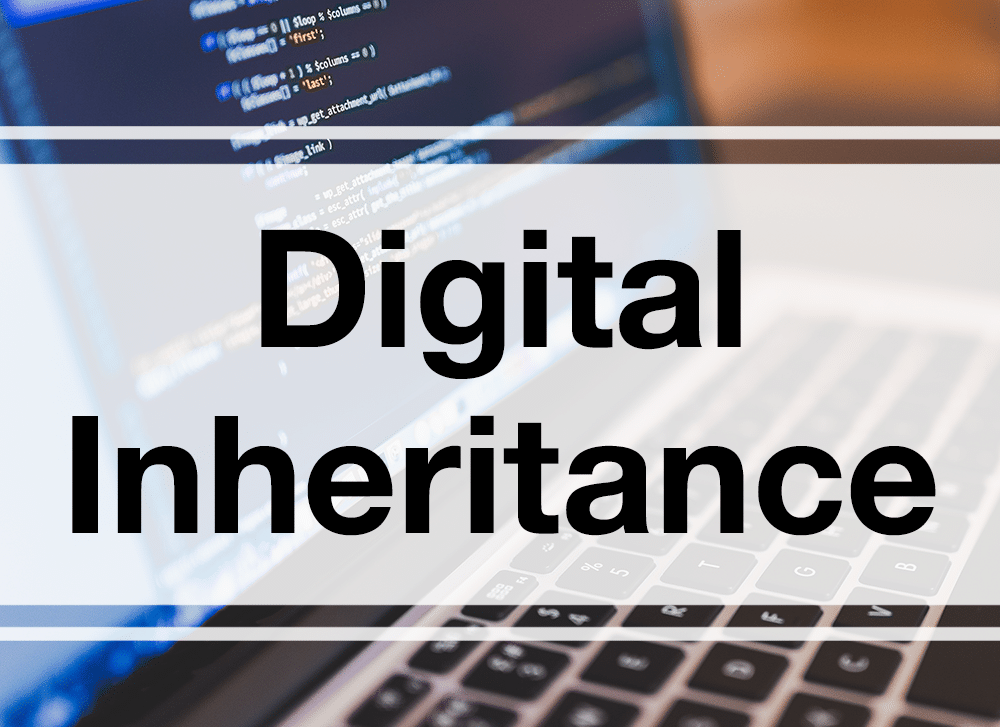1.2K
After a person dies, he or she usually leaves not only a tangible legacy, but also a digital legacy that must be managed.
These things comprise the digital legacy
Digital inheritance refers to everything that the deceased person leaves behind in terms of accounts, electronic data and contracts, and digital assets.
- It includes both the deceased person’s virtual traces on the Internet and hardware such as the smartphone, notebook or computer.
- The beneficiary of the estate also receives all rights and obligations related to the use of the IT systems used.
- With a digital inheritance, a distinction is made between intangible and financial assets. The former refers to accounts on websites or, for example, social media profiles. Financial value includes, for example, audiobooks on Audible or purchased movies on Amazon Prime.
- Digital inheritance also includes email accounts, accounts at online stores, online bank accounts, virtual money such as Bitcoins or PayPal, accounts at streaming services, licenses for software, game accounts or hardware.
Inheritance and estate administration
As with tangible inheritance, everything in the digital estate passes to the rightful heir.
- With the inheritance, the heir also gets all the rights and obligations bequeathed to him by the decedent.
- If online contracts belong to the digital inheritance, the heir enters into the contract instead of the deceased.
- What to do with the digital estate is up to the heir.
- If there are several heirs at the same time, this is referred to as a community of heirs. This must decide jointly what is to happen to the inheritance.
- For example, it is possible to have existing credit balances paid out or transferred to another account, to receive information about standing orders, and to cancel accounts and contracts.

